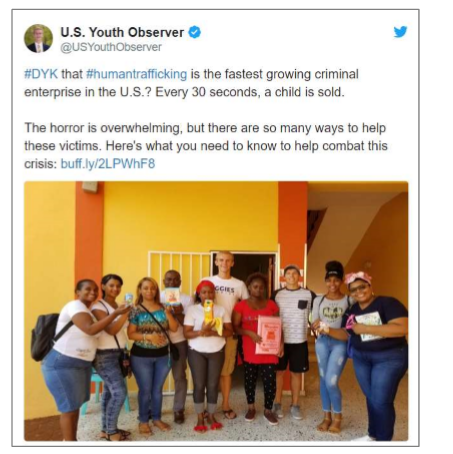OVERVIEW
The United Nations proclaimed and adopted in 1948 the Universal Declaration of Human Rights. It is declared that:
Social media is a powerful platform to end human trafficking.
In May 2020, the United States will undergo a “Universal Periodic Review” (UPR) of its domestic human rights record at the UN Human Rights Council.
The U.S. State Department has just launched a new process for U.S. civil society to engage on the upcoming U.S. UPR. This includes a planned consultation meeting with the State Department in DC, a newly updated UPR-specific webpage, as well as an e-mail address for UPR submissions to the U.S. government.
With these developments in mind, UNA-USA will be actively working to ensure that all of our UPR recommendations are addressed.
Be sure to stay tuned for the latest updates on the 2020 UPR process!




